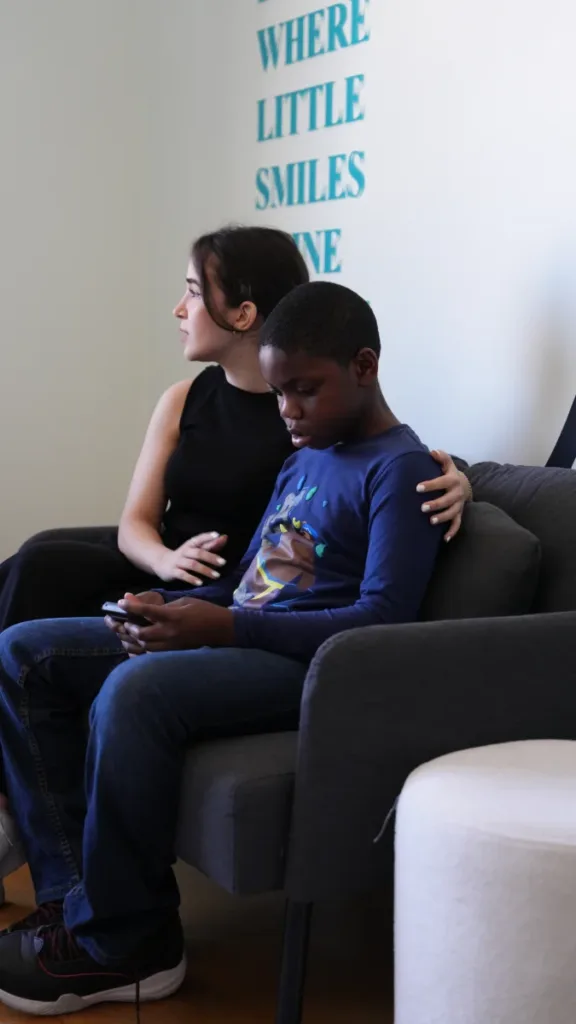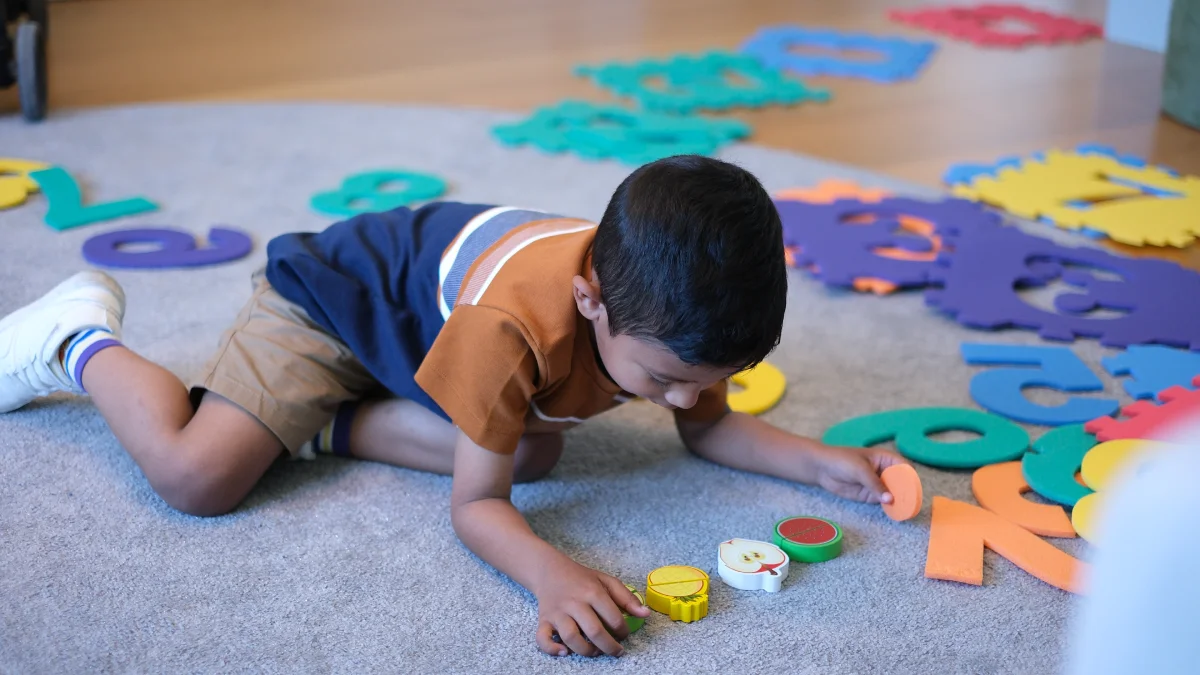Introduction
For children with autism spectrum disorder (ASD), navigating the social world can be a complex and challenging journey. Social interactions that come naturally to many can be puzzling and overwhelming for those on the spectrum. However, with the right strategies and support, children with autism can develop and enhance their social skills, opening doors to meaningful relationships and improved quality of life. In this article, we’ll explore evidence-based approaches and practical strategies for fostering social skills in children with ASD.
Understanding Social Challenges in Autism
The Social Communication Puzzle: Children with autism often struggle with various aspects of social communication, including interpreting non-verbal cues, understanding social norms, and engaging in reciprocal conversations. Recognizing these challenges is the first step in developing effective interventions.
Individual Differences in Social Motivation: It’s important to note that social difficulties in autism aren’t always due to a lack of interest in others. Many children with ASD have a strong desire to connect but may lack the tools to do so effectively.
Key Strategies for Social Skill Development
- Social Stories and Visual Supports: Social stories, developed by Carol Gray, are personalized stories that help children with autism understand social situations and appropriate responses. Combining these with visual supports can be particularly effective in teaching social skills.
- Structured Social Skills Groups: Participating in structured social skills groups provides children with autism opportunities to practice social interactions in a supportive environment. These groups often focus on specific skills like turn-taking, sharing, and initiating conversations.
- Video Modeling: Video modeling involves showing children with ASD videos of appropriate social behaviors. This visual learning approach can be highly effective, allowing children to observe and imitate positive social interactions.
- Role-Playing and Practice: Engaging in role-play scenarios helps children with autism practice social skills in a safe, controlled environment. This strategy allows for immediate feedback and guidance from teachers or therapists.
- Peer-Mediated Interventions: Involving neurotypical peers in social skill development can be highly beneficial. Peer-mediated interventions create natural opportunities for social interaction and can help foster friendships.
Implementing Social Skill Strategies
Start with Strengths and Interests Build social skill activities around the child’s interests and strengths. This approach increases engagement and motivation to participate in social interactions.
Break Skills into Manageable Steps Social interactions involve complex sequences of behaviors. Breaking these down into smaller, manageable steps can make them less overwhelming for children with autism.
Practice in Natural Settings While structured practice is important, it’s crucial to provide opportunities for children to apply their social skills in natural, everyday settings.
Challenges and Considerations
Generalization of Skills: One of the biggest challenges in social skill development for children with autism is generalizing learned skills to new situations. Consistent practice across various settings is key to overcoming this hurdle.
Sensory Sensitivities: Many children with ASD have sensory sensitivities that can impact social interactions. It’s important to consider and address these sensitivities when developing social skill interventions.

Conclusion
Developing social skills is a journey, not a destination. For children with autism, this journey may have unique challenges, but it also offers countless opportunities for growth and connection. By implementing evidence-based strategies and providing patient, consistent support, we can help children with ASD build the social skills they need to form meaningful relationships and navigate the social world with greater confidence.
Remember, every child with autism is unique, and what works for one may not work for another. It’s essential to tailor social skill interventions to each child’s individual needs, strengths, and challenges. With dedication, creativity, and the right strategies, we can help children with autism unlock their social potential and build fulfilling connections with others.
Have you tried any of these social skill development strategies with your child? What approaches have you found most effective? Share your experiences and questions in the comments below – your insights could be invaluable to other families on this journey.
